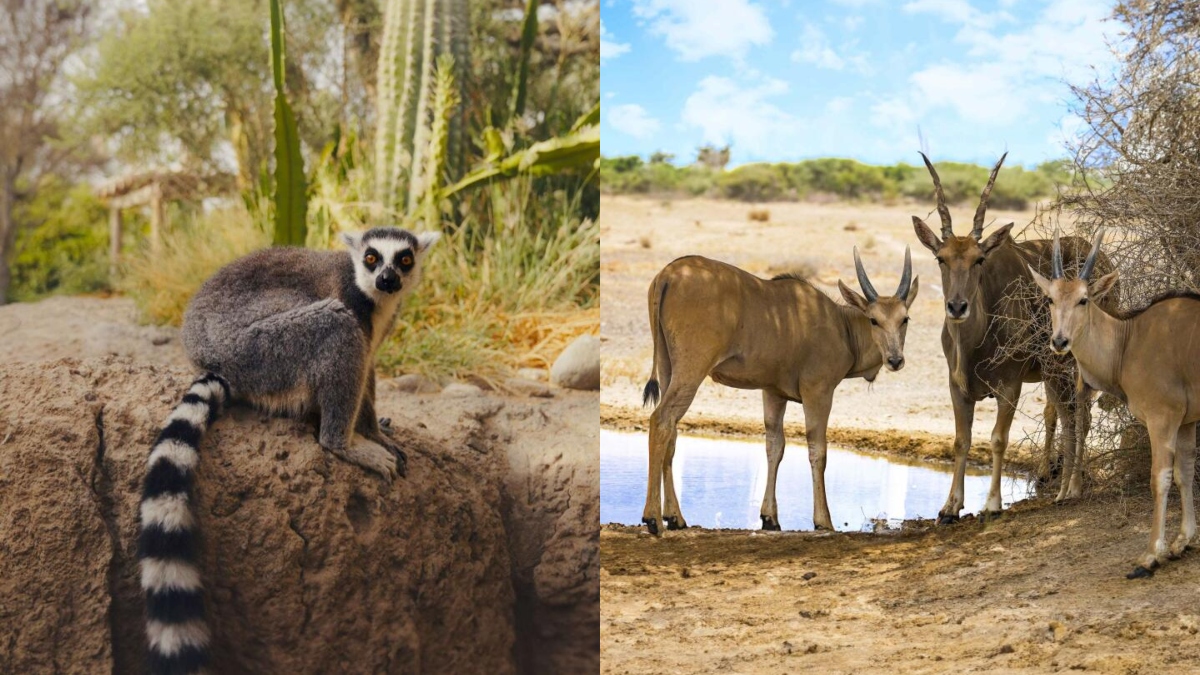The Sharjah Safari, renowned as the world’s largest safari park outside of Africa, is prepared to unveil its expanded animal collection to the public for its third season starting from September 21, officials announced on Tuesday.
Visitors will be allowed entry from 8:30 am to 6:00 pm, with ticket prices initiating at Dh40 for adults and Dh15 for children for the walking tours. For those interested in a detailed exploration of the sanctuary, tour rates fluctuate between Dh120 and Dh275 for adults.
The safari has broadened its animal assortment, introducing a varied range of species encompassing mammals, reptiles, and birds. Remarkably, the sanctuary has witnessed the birth of over 200 animals, inclusive of the Scimitar oryx, a species previously declared extinct in Africa.
In a notable addition to the flourishing habitat, an African savannah elephant named Samra was born. In a bid to protect and propagate endangered species, the park also revealed the successful breeding of the rare Madagascar Paratilapia fish.
The Chairperson of the Environment and Protected Areas Authority in Sharjah, Hana Saif Al Suwaidi, conveyed excitement over the new attractions lined up for visitors. Highlighting the amphitheatre’s immersive displays, Al Suwaidi stated, “Visitors will embark on a memorable journey through various landscapes resembling the African wilderness, encountering rare African flora while witnessing the natural behaviors of African birds and animals, promising an adventure of fun and excitement.”
Covering a substantial area of 8 square kilometers within the Al Bridi Reserve in Al Dhaid, the Sharjah Safari accommodates 12 environments, each mirroring distinct African locales including the Serengeti, Sahel, and the Ngorongoro, among others. The safari serves as a home to a diverse community of over 50,000 animals representing more than 120 species, including lions, elephants, and giraffes, not forgetting the black and white rhinoceros.
Visitors can anticipate a near-authentic African safari experience, as the native African faunae roam freely, unconfined by fences in an environment closely resembling their natural habitat, as affirmed by Visit Sharjah.






